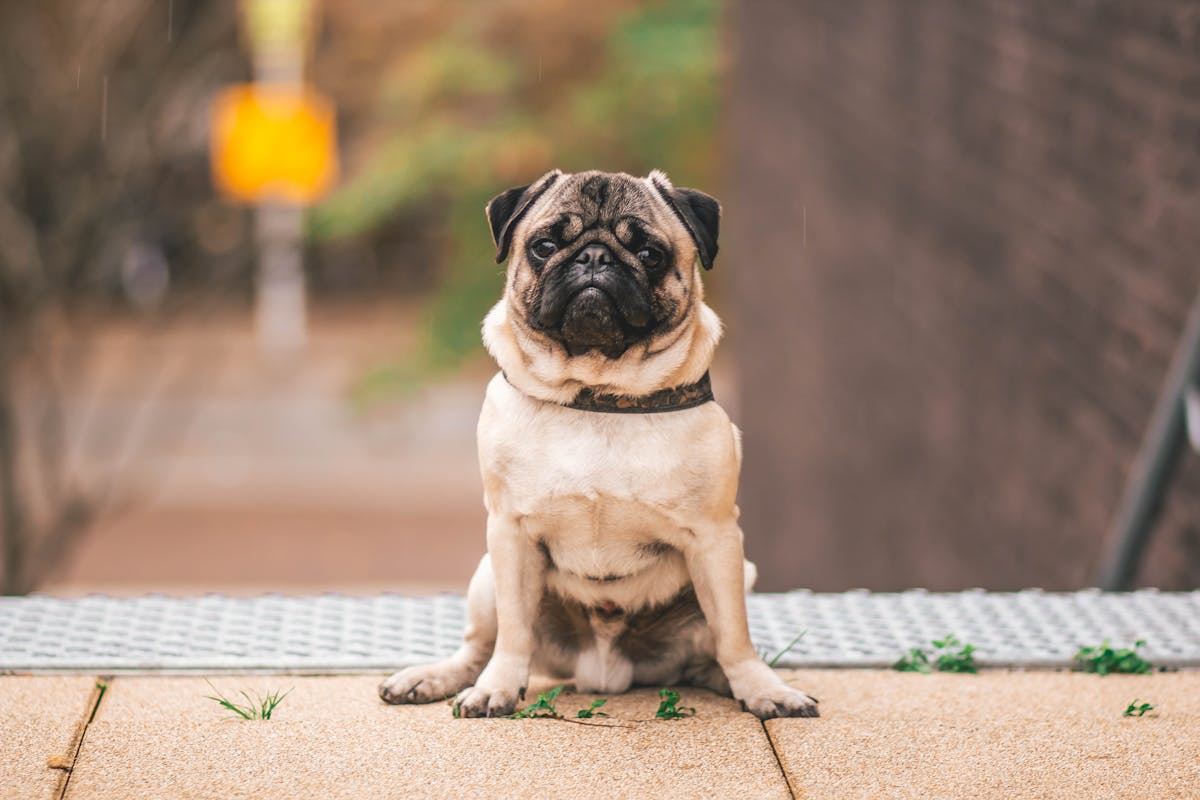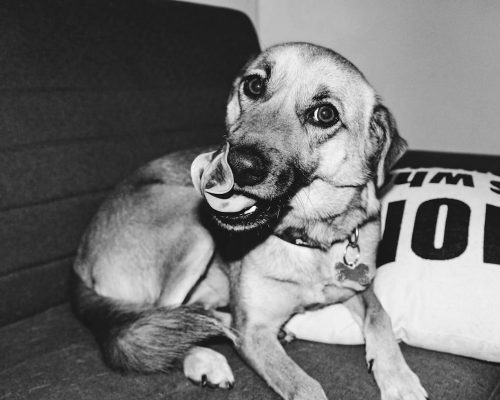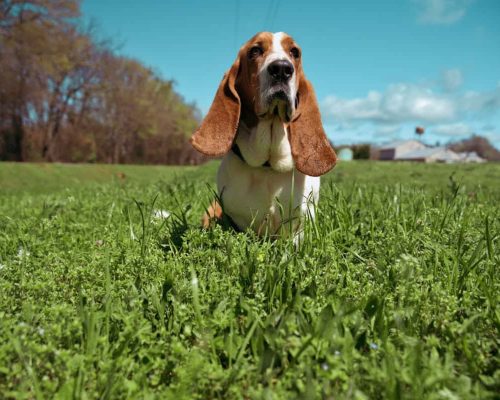Sleep apnea, a condition where breathing intermittently stops and starts during sleep, is a serious health issue affecting 10% to 30% of adults. But did you know that our canine companions can also experience this sleep disorder?
Though rare, dogs can develop sleep apnea, and it’s a concern veterinarians take seriously. In this article, we’ll explore what sleep apnea in dogs entails, its causes, symptoms, and treatment options to help you care for your furry friend.
Table of Contents
ToggleWhat is Sleep Apnea in Dogs?
Sleep apnea in dogs typically involves obstructive sleep apnea (OSA). This occurs when a dog’s airway becomes blocked or constricted during sleep, preventing normal airflow to the lungs.
Unlike central sleep apnea, which results from issues in the brain’s respiratory centers, obstructive sleep apnea is far more common in dogs. Breathing interruptions caused by OSA can lead to repeated awakenings and disrupted sleep cycles.
Signs and Symptoms of Sleep Apnea in Dogs
Recognizing sleep apnea in dogs can be challenging as the symptoms are subtle and often overlap with other conditions. Key indicators include:
- Snoring (loud and persistent)
- Choking or gasping during sleep
- Coughing episodes at night
- Excessive daytime fatigue or lethargy
- Interrupted sleep patterns
- Noisy breathing or wheezing
- Breathing pauses during sleep
- Blue-tinged gums (cyanosis), indicating oxygen deprivation
If you notice any of these symptoms, consult your veterinarian promptly for an evaluation.
Causes of Sleep Apnea in Dogs
Several factors can contribute to sleep apnea in dogs, including:
1. Breed Predisposition
Brachycephalic breeds, such as Bulldogs, Pugs, Boxers, and Boston Terriers, are at higher risk. Their shortened skulls and compressed airways make them prone to obstructive sleep apnea.
2. Obesity
Excess weight can press on a dog’s airway, restricting airflow and increasing the likelihood of breathing interruptions during sleep.
3. Nasal or Throat Obstructions
Growths like polyps or tumors in the nasal passages or throat can obstruct airflow, leading to sleep apnea.
4. Allergies
Inflammation from allergic reactions can narrow the nasal passages and contribute to sleep-disordered breathing.
How Sleep Apnea Affects Dogs
Sleep apnea doesn’t just disrupt sleep; it can have serious health implications. Dogs require about 11 hours of sleep per day to support their immune system, memory, and overall well-being.
Untreated sleep apnea can result in:
- Chronic sleep deprivation
- Increased risk of infections
- Behavioral issues like irritability or lethargy
- Long-term damage to the cardiovascular system
Treatment Options for Sleep Apnea in Dogs
Managing sleep apnea in dogs requires identifying and addressing the root cause. Unlike humans, dogs don’t have access to CPAP machines, so treatment approaches are tailored to their specific needs:
1. Lifestyle Changes
For overweight dogs, a reduced-calorie diet and increased physical activity can help relieve pressure on the airways and improve breathing.
2. Medication
Certain medications, like ondansetron, may help alleviate sleep-disordered breathing in some cases. Always consult your veterinarian before administering any drugs.
3. Surgical Intervention
For severe cases caused by anatomical abnormalities, surgery to correct airway obstructions, such as soft palate resection or nostril widening, may be necessary.
Does Snoring Always Indicate Sleep Apnea in Dogs?
Not necessarily. While snoring can result from similar factors like obesity or airway structure, it’s not always a sign of sleep apnea.
However, if snoring is a new symptom or accompanied by other warning signs like choking, gasping, or fatigue, consult your vet to rule out more serious issues.
Preventing Sleep Apnea in Dogs
1. Maintain a Healthy Weight
Preventing obesity is one of the most effective ways to reduce the risk of sleep apnea in dogs. Provide a balanced diet and ensure regular exercise.
2. Monitor High-Risk Breeds
If you have a brachycephalic dog, watch for early signs of breathing difficulties. Regular veterinary checkups are essential to manage their unique health challenges.
3. Address Allergies Promptly
If your dog suffers from allergies, seek treatment to reduce inflammation and prevent airway narrowing.
FAQs About Sleep Apnea in Dogs
Can sleep apnea in dogs be cured?
Yes, depending on the underlying cause. For example, lifestyle changes can resolve obesity-related apnea, while surgery may correct structural issues. Your vet will recommend the most suitable treatment.
How can I tell if my dog has sleep apnea?
Look for symptoms like choking, gasping for air, snoring, and excessive tiredness. If you notice breathing pauses or blue gums, consult your vet immediately.
Are some dog breeds more prone to sleep apnea?
Yes, brachycephalic breeds like Bulldogs, Pugs, and Boston Terriers are more susceptible due to their compressed airways.
Can sleep apnea cause long-term health problems in dogs?
If untreated, sleep apnea can lead to weakened immunity, chronic infections, and cardiovascular issues. Early intervention is crucial for your dog’s well-being.
What should I do if my dog snores?
While snoring isn’t always a concern, monitor for additional symptoms. If snoring is new or accompanied by choking, gasping, or fatigue, consult your veterinarian for evaluation.
Final Thoughts
Though rare, sleep apnea can significantly impact your dog’s quality of life. Recognizing the signs early and seeking veterinary care can help manage the condition effectively. By maintaining a healthy lifestyle and monitoring high-risk breeds, you can ensure your furry friend enjoys restful sleep and optimal health.






